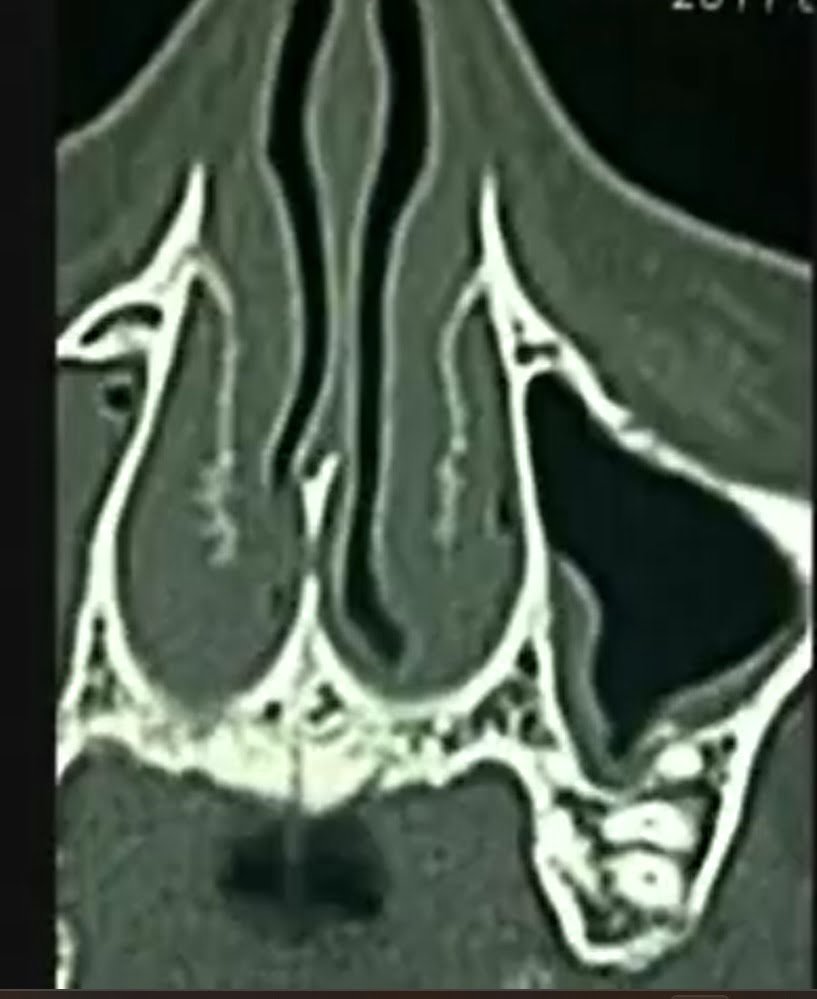Rhinitis medicamentosa
Is otherwise known as rebound rhinitis is a condition characterized by nasal congestion without running nose or sneezing that is triggered by the use of nasal decongestant medications for more than 4-6 days.
Each time the medicine is applied into the nose, the potent vasoconstrictor active ingredient reduces the blood flow to a person’s nose causing the spongy swollen membranes to shrink letting in a rush of fresh air. A single dose works for as long as 12 hours.
Because you breathe well with the drops, you tend to use it more often, and in increased quantity.
After some days of continuous use, the drops can cause the nasal linings to swell up again, even when the cold or attack of sinusitis or allergy that originally caused the problem has passed.
So because the congestion doesn’t seem to clear up, you increase the frequency and dosage of your drops.
Treatment
The first goal in the treatment is the immediate discontinuation of the nasal decongestant and treatment of underlying condition with appropriate medications.
Symptoms of congestion can often be overcome by using nasal steroid sprays 1 to 2 times daily for a few weeks and also using saline nasal drops and tapering the decongestants.
The most obvious way to stay out of trouble is to take seriously the warning of your physician and limit use of decongestants to three or four days. If this does not help then one will need surgery to correct the nasal block.


Recent Comments